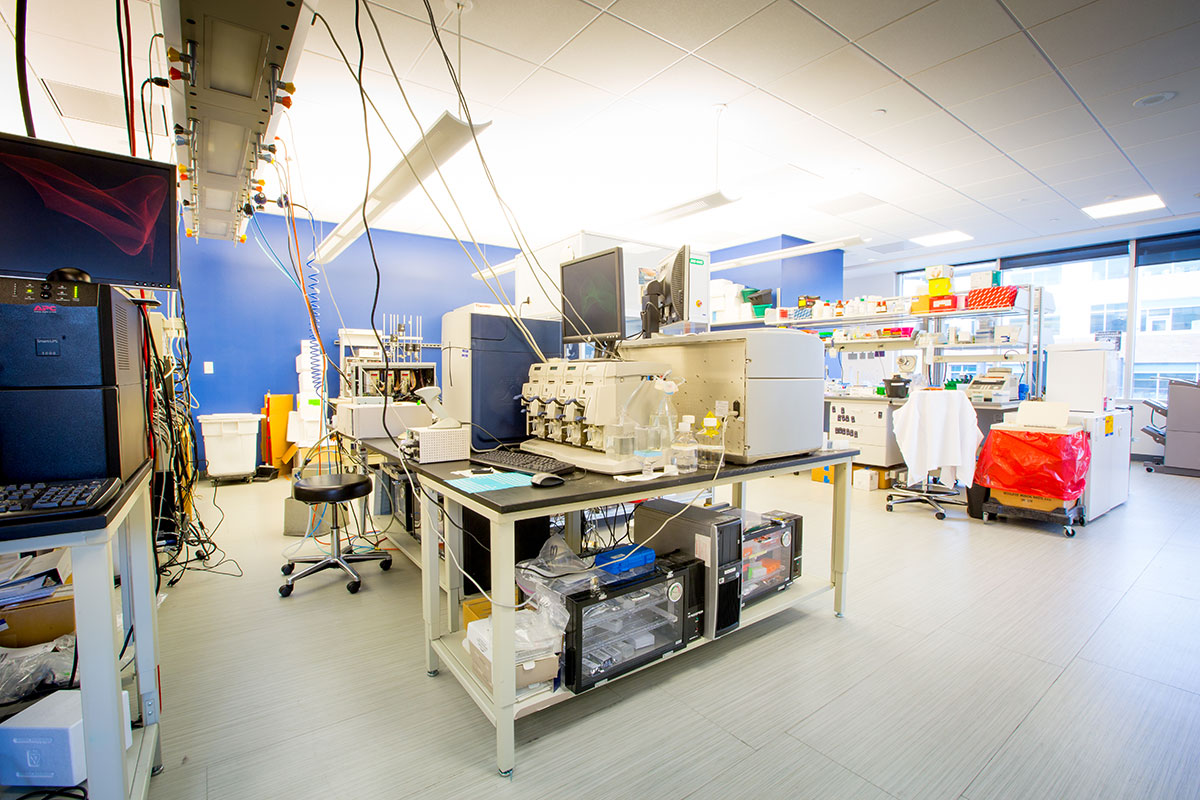Pregnancy complications are an important health concern in both developing and developed countries. Globally, up to 10% of pregnancies result in preterm birth, and high-risk pregnancy complications such as preeclampsia occur in 3-5% of all pregnancies. Preterm birth is the leading cause of newborn death worldwide, and pregnancy complications have long-term implications for the newborns health and wellness. Infants from high-risk pregnancies are more likely to have health issues throughout their lifetimes, as well as long term intellectual and developmental disabilities. The underlying biology regulating the fetal environment and how this environment contributes to complications during pregnancy remain unclear. There is a clinical need to identify biomarkers that may be predictive of preterm birth and adverse pregnancy outcomes.
The Price lab is applying a systems biology approach to this global health problem; leveraging our expertise at molecular phenotype classification and high throughput data analysis, and collaborating with world-class obstetrics experts. We will use this novel approach to identify risk factors that contribute to preterm birth and pregnancy complications. Some of these ongoing projects include:
Preterm Birth
There is limited understanding of the underlying biology that results in preterm birth. We aim to characterize changes in gene expression that are associated with preterm birth by leveraging multiple gene expression platforms. This will allow us to identify molecular pathways associated with preterm birth, and provide insight into the underlying biology that occurs in this process.
Preclampsia
Preeclampsia is a high-risk complication that occurs in late pregnancy, and there is clinical a need for early identification of women at risk of developing preeclampsia. We aim to identify proteins in early pregnancy that may be predictive of the development of preeclampsia later in pregnancy.
Placental MicroRNAs
Distinctive profiles of MicroRNA expression across fetal tissues has been identified compared to normal tissue, and these microRNAs may have important functions relating to maternal tolerance to pregnancy and placental function. We aim to classify associations between microRNAs across various maternal and fetal tissues.



 hood-price.isbscience.org/research/a-systems-biology-approach-to-preterm-birth/
hood-price.isbscience.org/research/a-systems-biology-approach-to-preterm-birth/